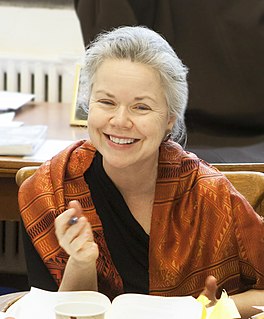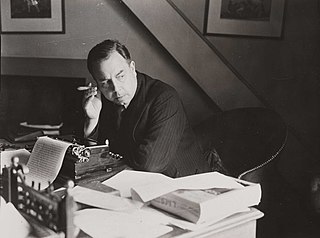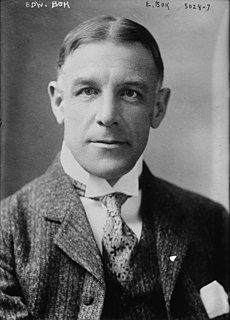A Quote by Susan Stewart
The voice of a person thinking, discovering, revising, is ever-present without any loss in grace or ease.
Related Quotes
Cheap grace is the grace we bestow on ourselves. Cheap grace is the preaching of forgiveness without requiring repentance, baptism without church discipline, Communion without confession.... Cheap grace is grace without discipleship, grace without the cross, grace without Jesus Christ, living and incarnate.
The infinite reservoir of future grace is flowing back through the present into the ever-growing pool of past grace. The inexhaustible reservoir is invisible except through the promises. But the ever-enlarging pool of past grace is visible; and God means for the certainty and beauty and depth to strengthen our faith in future grace.
Ever since I was first read to, then started reading to myself, there has never been a line read that I didn't hear. As my eyes followed the sentence, a voice was saying it silently to me. It isn't my mother's voice, or the voice of any person I can identify, certainly not my own. It is human, but inward, and it is inwardly that I listen to it. It is to me the voice of the story or the poem itself.
I will light candles this Christmas, Candles of joy, despite all sadness, Candles of hope where despair keeps watch. Candles of courage where fear is ever present, Candles of peace for tempest-tossed days, Candles of grace to ease heavy burdens. Candles of love to inspire all my living, Candles that will burn all the year long.
The Jews could be put down very plausibly as the most unpleasant race ever heard of. As commonly encountered they lack any of the qualities that mark the civilized man: courage, dignity, incorruptibility, ease, confidence. They have vanity without pride, voluptuousness without taste, and learning without wisdom. Their fortitude, such as it is, is wasted upon puerile objects, and their charity is mainly a form of display.
When you are a part of a world that is within an enclosed system, the biggest threat is that the loss of contact with any voice from the outside - a point of reference that is different from you - becomes habitual. The loss of this reference makes the enclosed system seem perfect. I can still feel this kind of threat today, the voice that gives legitimacy to various kinds of enclosure.
We often wonder why God gives and takes, constricts and expands. What we forget is that human beings understand things by their opposites. Without dark, we can’t understand light. Without hardship, we wouldn’t *experience* ease. Without the existence of deprivation and loss, we couldn’t grasp the need for gratitude or the virtue of patience. And without separation, we wouldn’t taste the sweetness of reunion. Glory be to the one who gives—even when He takes.






































